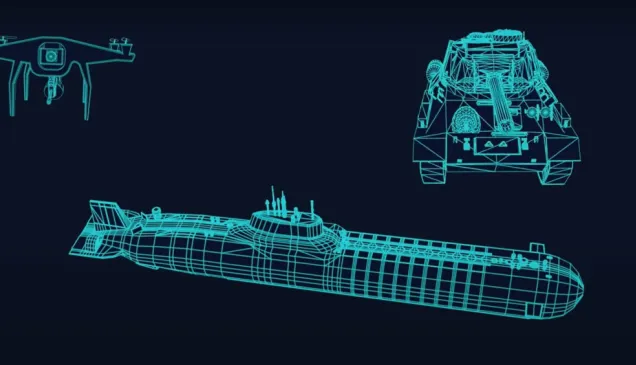Challenges for IHL - terrorism: overview
A basic principle of IHL is that those engaged in an armed conflict must at all times distinguish between civilians and combatants and between civilian objects and military objectives. IHL thus prohibits deliberate or direct, as well as indiscriminate attacks on civilians or civilian structures. The use of human shields or hostage taking are similarly proscribed. When a situation of violence amounts to an armed conflict, there is little added value in calling such acts "terrorism", because they already constitute war crimes under international humanitarian law.
Moreover, IHL also specifically prohibits acts of terrorism against civilians in the hands of the adversary, as well as spreading terror among the civilian population by parties to an armed conflict in the conduct of hostilities. These prohibitions, which refer to acts the sole purpose of which is to intimidate civilians, are additional to the already mentioned rules aimed at protecting civilian life and property more generally.
A crucial difference between IHL and the legal regime governing terrorism is that IHL is based on premise that certain acts of violence in war – against military objectives and personnel – are not prohibited. Any act of "terrorism", however, is by definition prohibited and criminal. The two legal regimes should not be blurred given the different logic and rules that apply. This is particularly important in situations of non-international armed conflict, where a "terrorist" designation may act as an additional disincentive for organized armed groups to respect IHL (they are already subject to criminal prosecution under domestic law).
What of the so-called "global war on terror"? Most of the measures taken by states and others to prevent or suppress acts of terrorism do not amount to an armed conflict in either the practical or legal sense. It would thus be more appropriate to speak of a fight against terrorism, which is a multi-faceted endeavour and which may sometimes amount to armed conflict. In those circumstances, IHL rules governing international or non-international armed conflicts are triggered, as the case may be. In both situations, IHL must be observed by all parties and the rules on the conduct of hostilities, the treatment of the wounded, prisoners and civilians, apply to all. IHL does not apply when terrorist acts occur, or persons suspected of terrorism are detained, outside an armed conflict.
The ICRC's case-by-case approach to the legal qualification of situations of violence is also applied to determining the status and rights of persons detained in the fight against terrorism. If they are detained in an international armed conflict, the ICRC must be granted access to them under the relevant IHL rules. When the fight against terrorism involves a non-international armed conflict, the ICRC offers it humanitarian services to the parties. Outside armed conflict situations, the ICRC exercises its right of humanitarian initiative to request access to persons detained.



